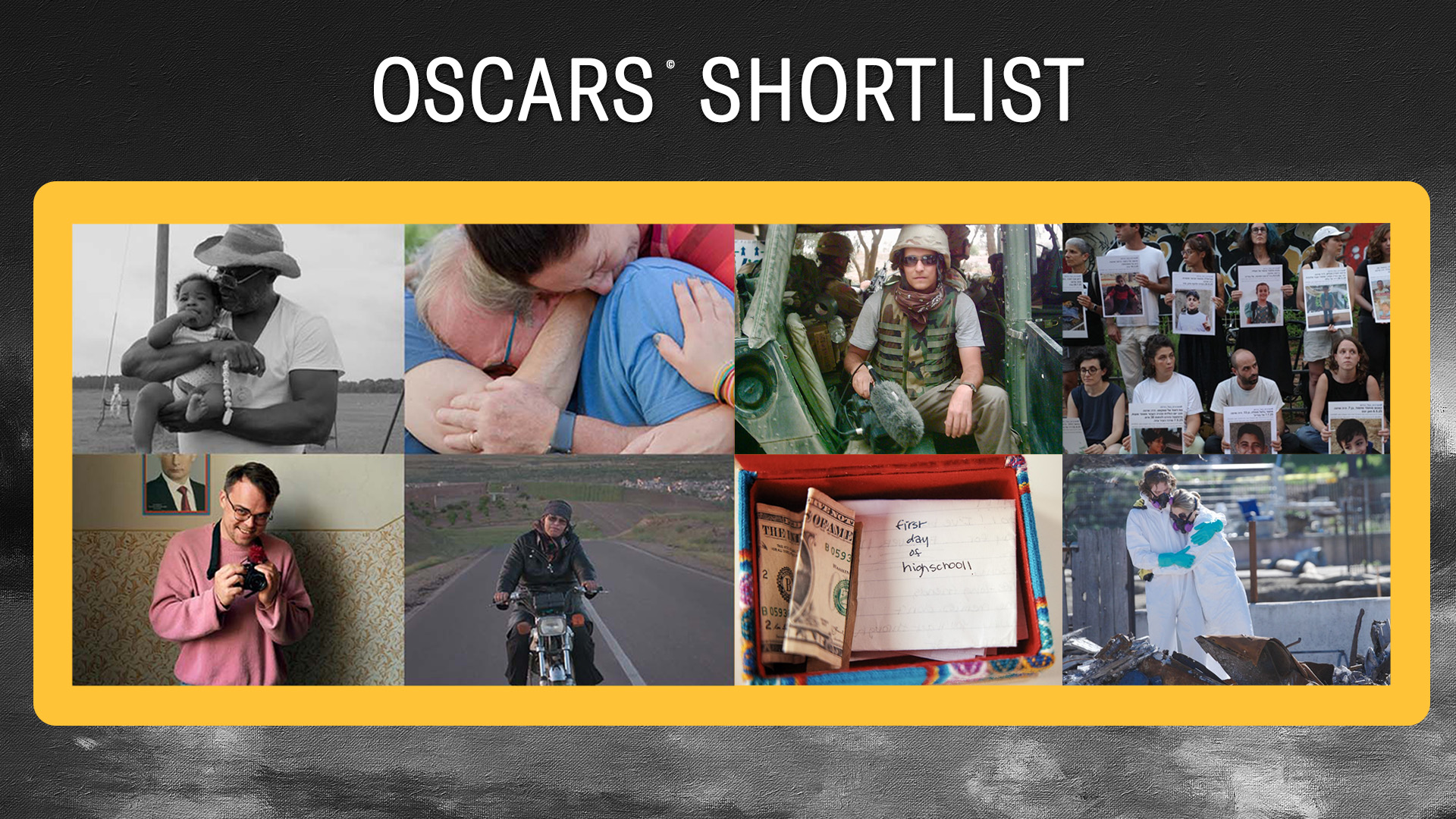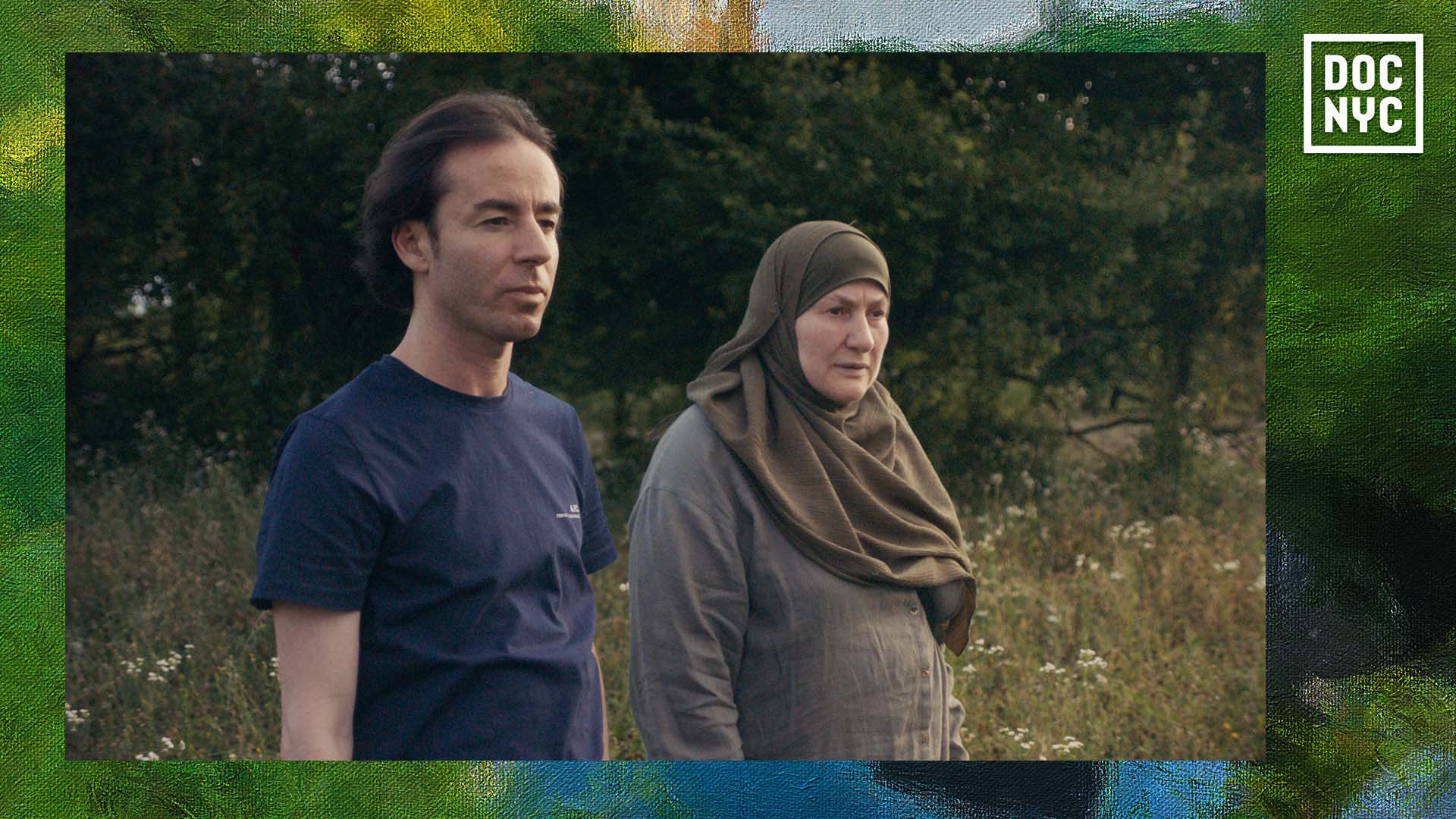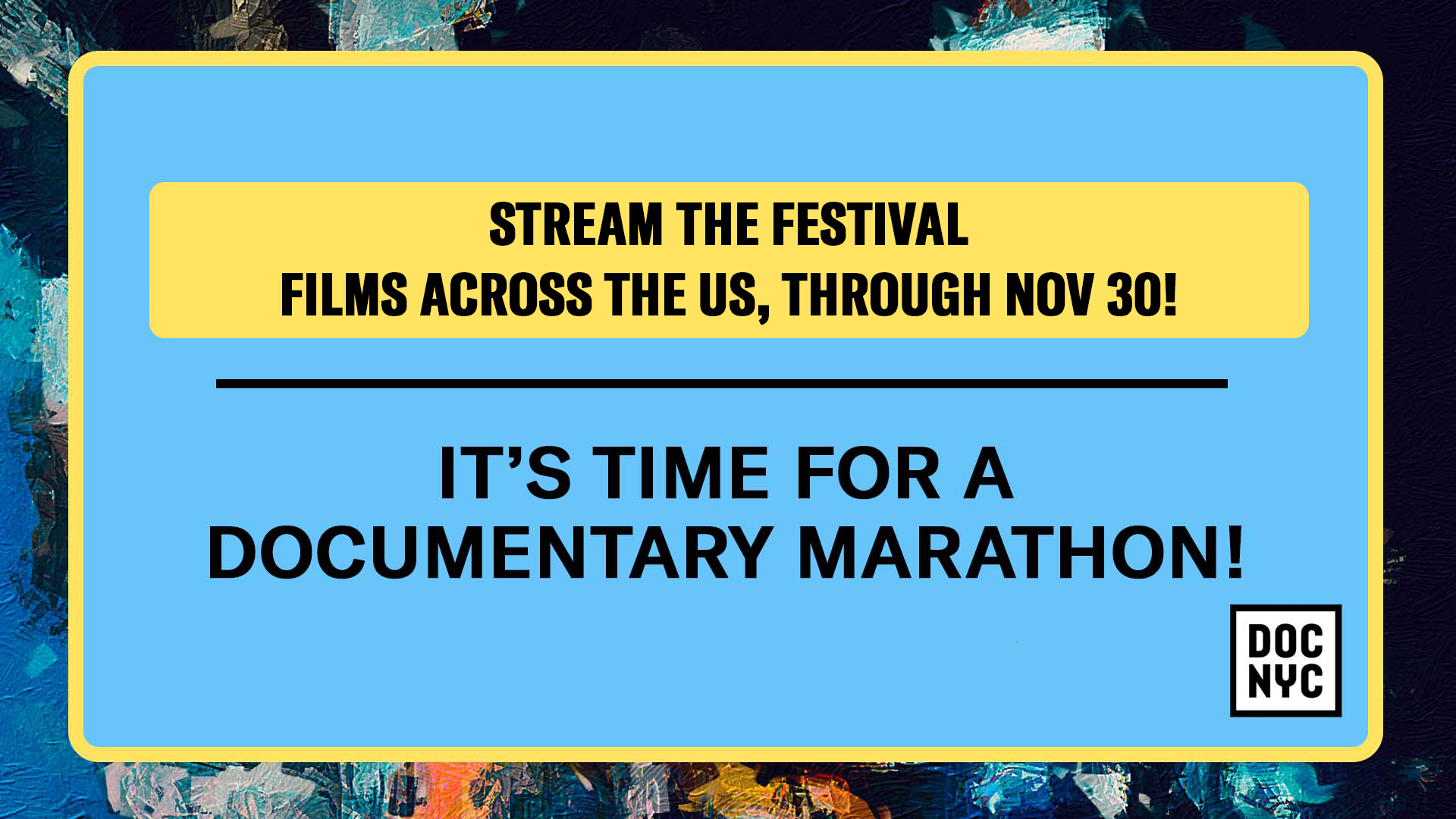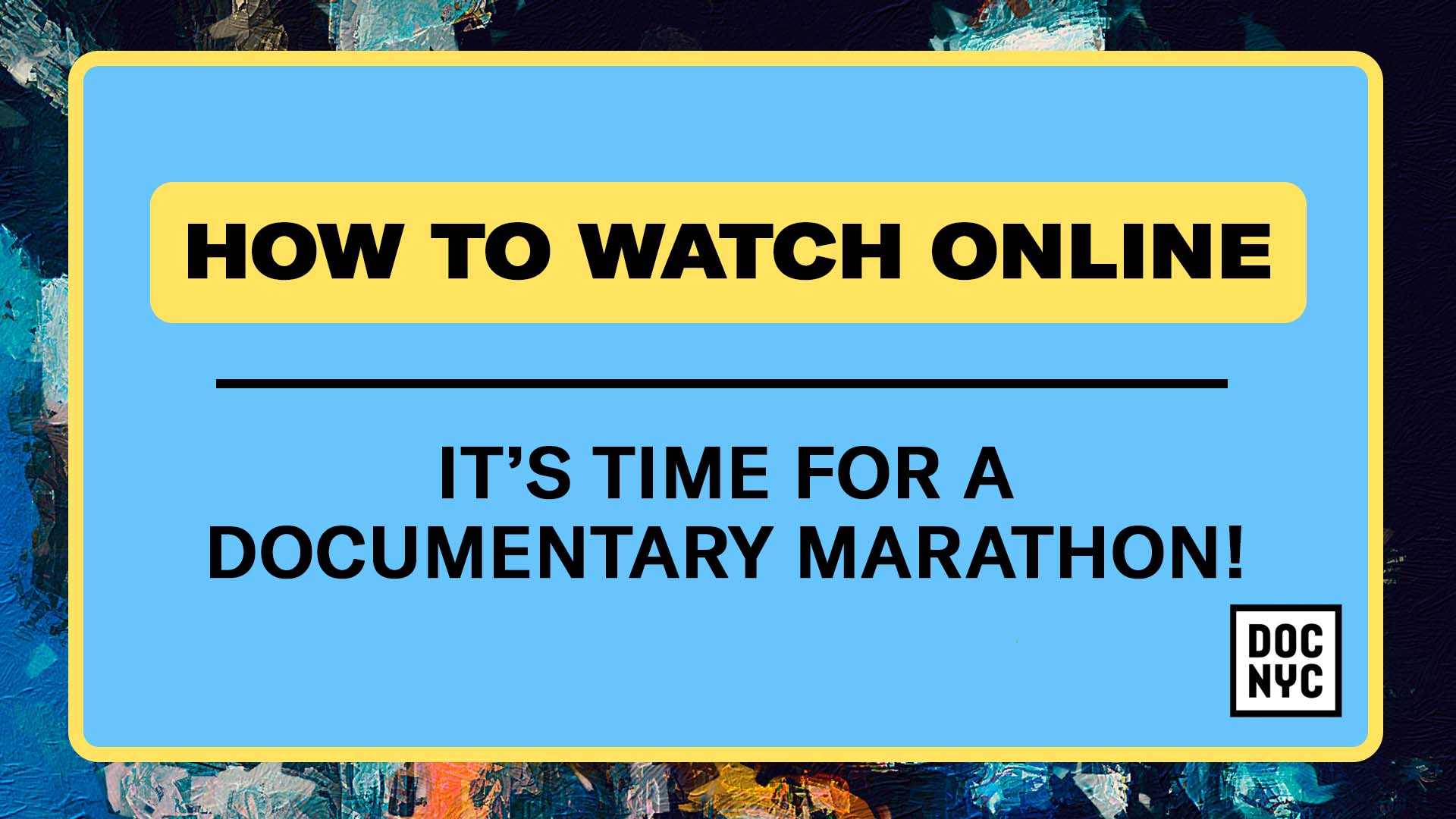A Modern Day Love Letter to an Analog Writing Machine Director Doug Nichol balances relevance with reverence in California Typerwriter
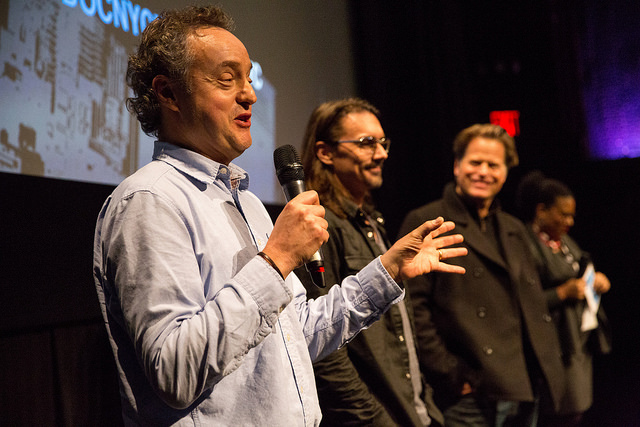
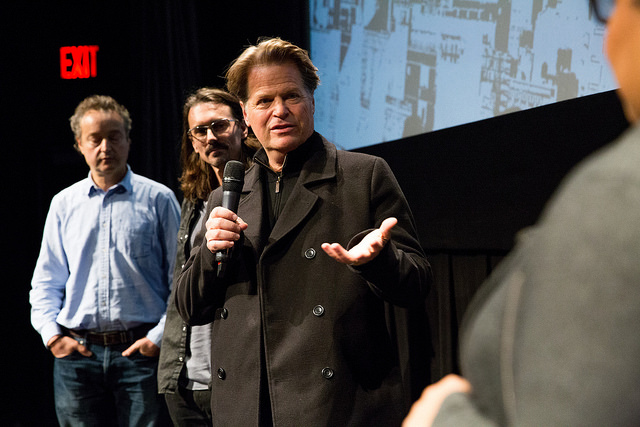
Written by Megan Scanlon
Watching California Typewriter is an immersive experience, and the DOC NYC audience was treated to the film’s NYC premiere last Sunday night. Directed by Doug Nichol, the film is named after a Berkeley, California typewriter repair shop, one of the last vestiges of an analog era, and unfolds the history and significance of the typewriter through blossoming narratives from typewriter aficionados. While the typewriter no longer dominates the technological hegemony, and is borderline obsolete, California Typewriter radiates with a spirit of regeneration, renewal, and relevance. Those who celebrate it are fully alive inside the relationships that spring forth from the typewriter. The relevance is something that they find for themselves in the sensation and impassioned devotion they feel not just for technology, but for a way of life.
Famous subjects include Tom Hanks, John Mayer, Sam Shepard, and David McCullough, who draws attention to the proof of the process and emphasizes the value there is for history in seeing how things are made. On a President’s speech for instance, how much editing was done, and what does that tell us? “Future historians will have nothing to work with. Computers take away our power. There is a difference between having something help us and being dependent.” On the other hand, for Mayer, “it’s less about what you’re using and more about how; instead of one way of thinking there are many niche ways of being.” Shephard, taking over the screen as he does, speaks about how the typewriter engenders focus and solitude, “Being along is a condition of writing. Any writer whose come up with something worth their own salt is utterly alone.” And on being behind the technological times, he adds with a chuckle, “There’s a certain point that left me in the dust–and I was happy to be left in the dust.”
The experiences of these figures act as a strong foundation that supports the intertwined stories that fill in the film’s larger picture. There’s Martin Howard, who can tell you everything about Christopher Latham Sholes, the father of the typewriter. In Martin’s quest to add antique 19th century typewriters to his collection, more and more of his character is revealed. His love for the typewriter is imperceptibly endearing, and he shares that what speaks to him is what the typewriter represents, what he calls “The genesis of ideas.”
We meet Jeremy Mayer, an artist who destroys old typewriters and reassembles them into human sculptures. His dialogue with the parts, and the trance his craft places him in is fascinating to see unfold. Some lovers of typewriters haven’t always been so keen on his destruction, to which Jeremy’s response is, “I don’t really hack into them. I’m really gentle when I destroy them.” He adds that “there’s no such thing as permanence. Things die and they’re reborn as something new.”
Howard, Jeremy Mayer, and several other lovely and absorbing subjects in the film revolve around Herbert Permillion and Ken Alexander. Permillion keeps the analog love alive as the owner of the Berkley store the film is named after, and Alexander is the jack-of-all-trades typewriter repairman. Alexander’s love of the typewriter is in the tales that live within from the thoughts that have been pressed into the keys, splattering ink and sounding off. “If it could talk,” he said, “man, it could tell some stories.”
Megan Scanlon works at the American University of Beirut. She has written for the DOC NYC blog, the Stranger Than Fiction documentary series, and the Journal of Community Engagement and Scholarship. Megan was a prescreener for the Margaret Mead Film Festival, and is a volunteer at the Bronx Documentary Center and DOC NYC. Follow her on instagram and twitter @
